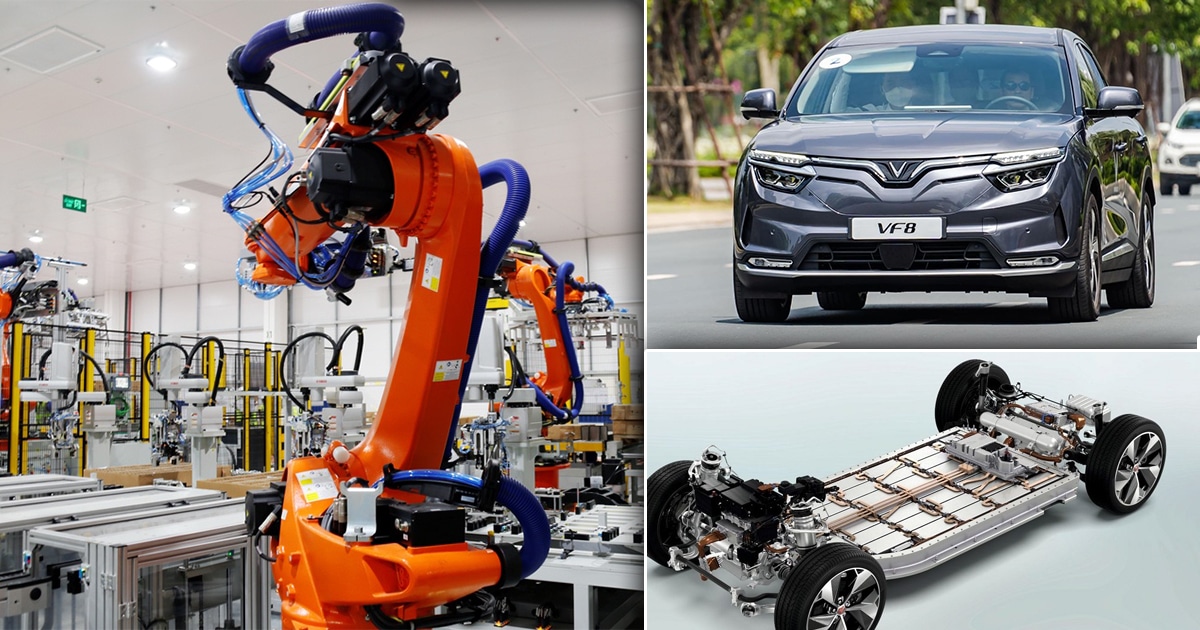Can EVs and solar save the world? The IEA thinks so

The International Energy Agency (IEA) believes that electric vehicles (EVs) and solar power have the potential to contribute significantly to reducing greenhouse gas emissions and addressing climate change. Here are some key points regarding their view in 2023 Net Zero Roadmap:
Electric Vehicles (EVs): EVs offer a cleaner alternative to traditional gasoline-powered cars, as they produce zero tailpipe emissions. By replacing conventional vehicles with EVs, we can reduce air pollution and decrease our dependence on fossil fuels.

Climate Change Mitigation: The transportation sector is a significant contributor to global carbon dioxide emissions. Switching to EVs powered by renewable energy sources could help decarbonize this sector and reduce its impact on climate change.
Renewable Energy Transition: Solar power is one of the most abundant renewable energy sources available. By adopting solar technology for electricity generation, we can reduce reliance on fossil fuel-based power plants, which currently contribute to a substantial portion of global CO2 emissions.
Synergistic Effects: Combining EVs with solar power creates synergistic effects. EV owners can charge their vehicles using solar panels at home or at public charging stations powered by solar energy. This integration helps reduce overall carbon emissions from both the transportation and electricity sectors.

Energy Storage Benefits: Solar energy production is intermittent, but EV batteries can act as mobile energy storage units. Through vehicle-to-grid (V2G) technology, EVs can release stored energy back into the grid during peak demand periods, enhancing grid stability and optimizing renewable energy usage.
While EVs and solar power hold immense promise in combating climate change, it’s important to acknowledge that they alone cannot solve all global environmental challenges. Additional measures such as sustainable land use practices, energy efficiency improvements, and other clean energy technologies should also be pursued to achieve a comprehensive and sustainable transition.
Source: The International Energy Agency – 2023 Net Zero Roadmap
Bạn cần đăng nhập để tương tác với nội dung này: Đăng nhập.


